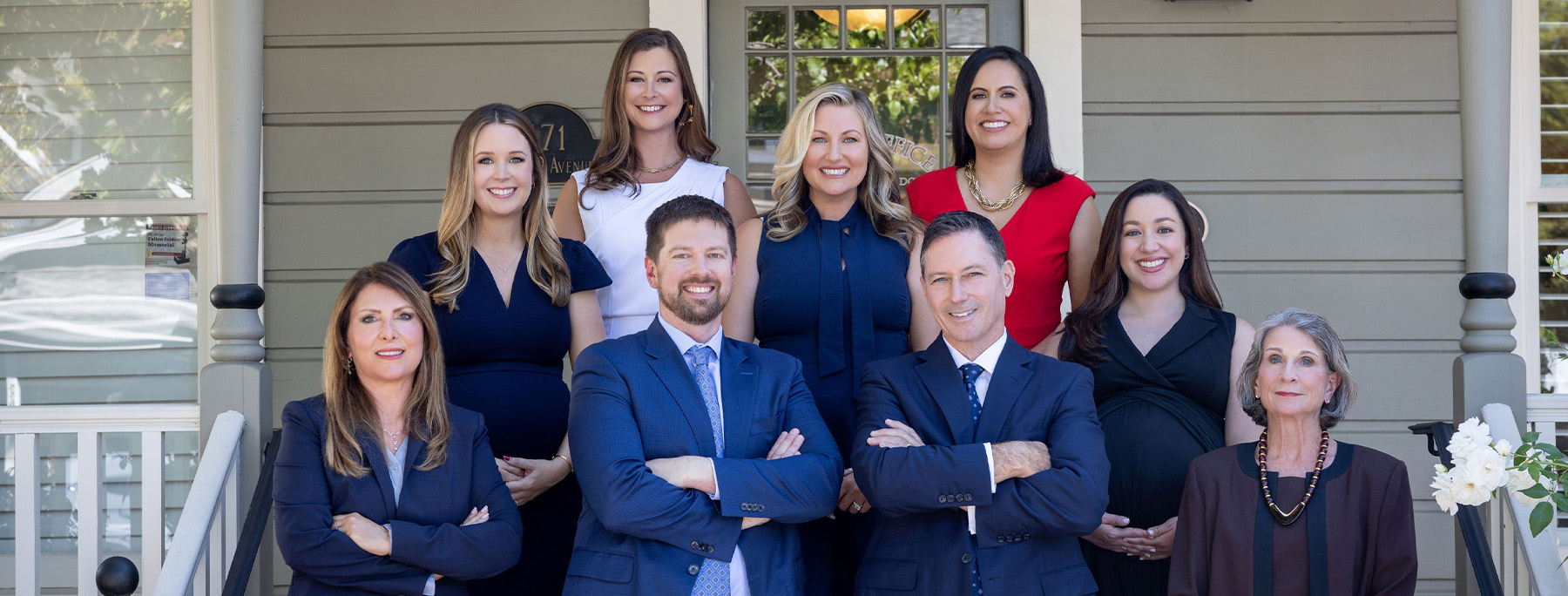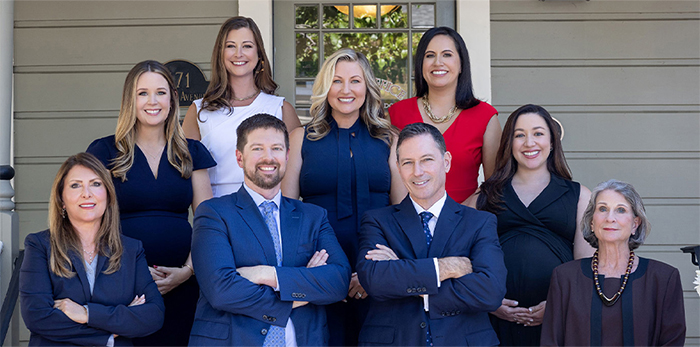About Administration Of Trusts
When the person who created a trust dies, it is necessary to value the assets held in that trust. It is also necessary to file tax returns, to move assets to designated accounts, and to keep accurate records of all reports and financial records. At this point, the trustees are responsible for the beneficiaries of the trust.
Often the terms of the trust require specific allocation of certain assets to specified beneficiaries or trusts, as, for example, all of the stock in a family business to those children involved in the business; or will charge a beneficiary’s share with loans previously made to that beneficiary or with prior gifts, etc. Obviously, the terms of the trust must be examined carefully to see that all of the settlors’ directions are carried out.
If there are continuing trusts for children or grandchildren, these trusts may be separate trusts (i.e., separate tax entities each requiring its own tax returns) or separate shares (i.e., one trust with varying interests requiring only one tax return). Normally, the trust document will specify that separate trusts are to be used as they are usually most advantageous from an income tax standpoint.
The need to be familiar with and understand the terms of each trust cannot be overemphasized.
What Is A Trust?
A trust is a legal relationship involving three separate roles. A settlor will establish the trust usually with a written trust agreement and transfer property into the trust. The trustee is the person who holds the property transferred into the trust. The trustee holds the trust property for the benefit of the beneficiaries. An individual may fulfill more than one of these three roles at a time. For example, the settlor of a revocable living trust will generally be the trustee and beneficiary of that trust during their lifetime.
How Does A Trust Avoid Probate?
The assets transferred into a trust avoid the probate process upon the settlor’s death because the trust and not the settlor individually owns the trust assets. The assets of the trust can be managed without court supervision upon the death of the settlor, which generally results in a quicker and less expensive administration.
Does Trust Administration Involve A Court?
Court involvement may occur if a probate is necessary as a result of the settlor failing to transfer all of their assets to the trust prior to their death. Probate is required when the settlor dies owning assets in excess of $150,000 (and indexed for inflation) in their name. The court may also become involved if there is a dispute regarding the validity of the trust or the proper administration of the trust. The trustee may also request the court’s approval of a trustee decision if they are uncertain whether or not to take a certain action.
How Does A Trust Operate?
The successor trustee steps into the trustee role upon the death of the settlor, who is usually the initial trustee. The successor trustee will continue to operate the trust and utilize it to manage and distribute the trust assets.
When Are The Assets Distributed From A Trust?
The personal property may generally be distributed shortly after death in a more informal manner if all beneficiaries are in agreement. It is possible to make preliminary distributions from the trust after the assets and debts of the trust have been properly identified and the trust property has been gathered. The majority of the trust property can be distributed once all expenses have been paid and the tax returns prepared. Generally, an amount sufficient to cover the taxes and final professional fees will be retained and the balance distributed after these final payments.
What Is The Job Of A Trustee?
The trustee must collect all property belonging to the trust, identify and pay all obligations of the settlor, manage the trust property, file tax returns and finally distribute the trust property to the beneficiaries. The trustee is a fiduciary and must exercise at least ordinary business ability to avoid legal challenges along the way and must comply with the prudent investor rule in the management of the trust assets.
What Information Are Trust Beneficiaries Entitled To Receive?
The trustee must inform the beneficiaries of the existence of the trust and make them reasonably informed of the trust’s administration. The trustee must also provide an accounting and report of the trust at least annually and upon the termination of the trust or change in trustee unless the accounting requirements are waived. The trustee must keep accurate records of every trust transaction and be prepared to produce an accounting even if the requirement is waived.
Does A Trust Have To Pay Taxes?
The trustee must obtain a Taxpayer Identification Number for the trust upon the death of the settlor. The trust becomes a separate taxable entity at this time and the trust assets must be transferred into accounts associated with the trust’s Taxpayer Identification Number. The trustee must file the federal and state estate tax returns if required. The trustee must also file the settlor’s final individual income tax return and a separate income tax return for the trust.
How Can I Learn More About Trust Administration?
Contact Doyle Quane by phone at 925-314-2320 or by email.



